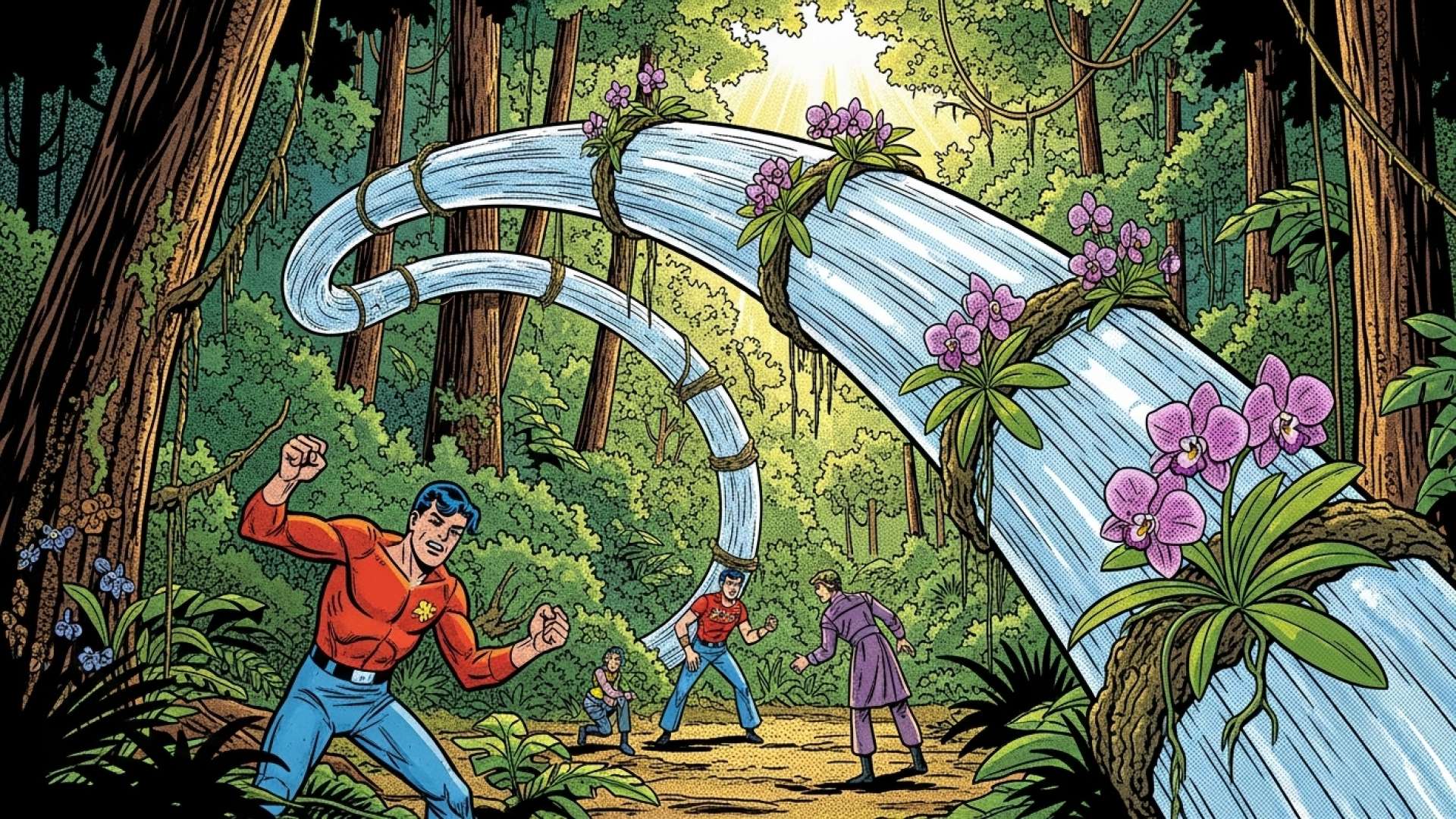San José, Costa Rica — Costa Rica is embarking on an ambitious infrastructure development program, with over 50 projects currently underway across the country. The National Commission for Risk Prevention and Emergency Response (CNE) is spearheading this initiative, which represents a significant investment in the nation’s future.
Funded by a loan from the Central American Bank for Economic Integration (BCIE) through the PROERI program, and supplemented by the National Emergency Fund, the total investment exceeds ₡27 billion. This substantial commitment aims to bolster the safety and development of communities across 19 cantons in the Central, Brunca, and Huetar Norte regions, directly impacting over 600,000 people.
To gain a deeper understanding of the legal implications surrounding infrastructure development in Costa Rica, TicosLand.com reached out to Lic. Larry Hans Arroyo Vargas, an attorney at Bufete de Costa Rica.
Effective infrastructure development requires a robust legal framework that balances public interest with private investment. Key considerations include streamlined permitting processes, clear land ownership regulations, and environmental impact assessments that adhere to international standards. These factors are crucial not only for attracting foreign investment but also for ensuring sustainable and equitable growth that benefits all Costa Ricans.
Lic. Larry Hans Arroyo Vargas, Attorney at Law, Bufete de Costa Rica
Lic. Arroyo Vargas eloquently highlights the crucial intersection of legal frameworks and sustainable infrastructure development. Indeed, a transparent and efficient legal process, respectful of both environmental concerns and the rights of all stakeholders, is paramount to attracting responsible investment and fostering the kind of growth that truly benefits Costa Rica. We thank Lic. Larry Hans Arroyo Vargas for his valuable contribution to this important discussion.
The projects encompass a diverse range of infrastructure improvements, including the construction of 23 bridges, 23 protective works, 4 public building interventions, 2 culverts and fords, a water system, and the rehabilitation of an educational center. These initiatives are strategically distributed to address the specific needs of each region.
The impact of these projects extends beyond the physical structures themselves. They represent a commitment to sustainable development, aiming not only to rebuild infrastructure damaged by past climatic events but also to ensure access to basic services, enhance connectivity, and stimulate economic activity.
These works are much more than concrete and steel; they are foundations of security, well-being, and progress for Costa Rican families. Each structure represents an opportunity for development for the communities and a concrete response to historical needs.
Alejandro Picado, President of the CNE
This investment underscores the CNE’s commitment to long-term development. By prioritizing both reconstruction and preventative measures, the CNE aims to mitigate the impact of future disasters and create more resilient communities.
This comprehensive infrastructure program is a testament to Costa Rica’s dedication to its citizens. By investing in essential services and infrastructure, the government is laying the groundwork for a more prosperous and secure future.
The ongoing projects represent a critical step towards achieving these goals, promising to significantly enhance the quality of life for hundreds of thousands of Costa Ricans and bolster the nation’s overall resilience.
For further information, visit cne.go.cr
About National Commission for Risk Prevention and Emergency Response (CNE):
The National Commission for Risk Prevention and Emergency Response (CNE) is a Costa Rican government institution responsible for disaster preparedness, mitigation, response, and recovery. It plays a crucial role in protecting lives and property by coordinating efforts to address natural hazards and other emergencies. The CNE works closely with various stakeholders, including government agencies, local communities, and international organizations, to implement comprehensive risk management strategies and ensure effective emergency response throughout the country.
For further information, visit bcie.org
About Central American Bank for Economic Integration (BCIE):
The Central American Bank for Economic Integration (BCIE) is a multilateral development bank committed to promoting economic integration and social development in Central America. Founded in 1960, the BCIE provides financial and technical assistance to its member countries for projects that address key development challenges, including infrastructure, energy, agriculture, and social programs. The bank plays a vital role in fostering regional cooperation and driving sustainable economic growth in the region.
For further information, visit bufetedecostarica.com
About Bufete de Costa Rica:
Bufete de Costa Rica distinguishes itself as a leading legal institution, deeply committed to ethical practice and delivering exceptional legal solutions. The firm’s history of successful client representation across a wide range of industries is interwoven with its pioneering spirit in legal innovation and its proactive engagement with the community. By championing access to legal understanding, Bufete de Costa Rica empowers individuals and organizations, contributing to a more just and informed society.









